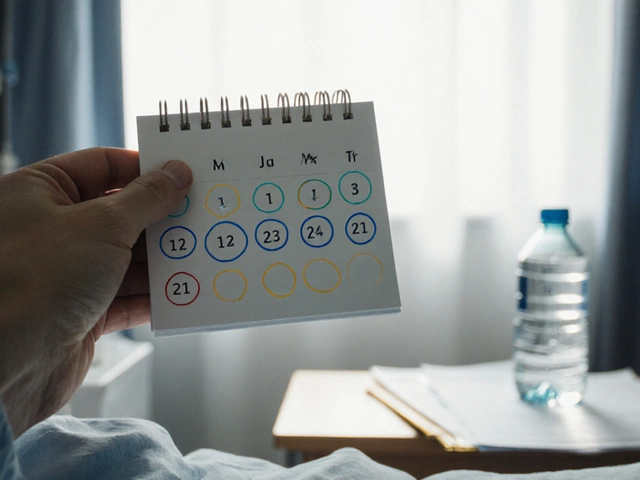American Medical Portugal: Your Quick Guide to Hospital Care in Portugal
If you’re an American traveling through Portugal and you end up in a hospital, you might wonder how different it will feel. The good news is that Portugal’s public and private hospitals are modern, English‑speaking staff are common in big cities, and costs are usually lower than in the US. Below we break down the basics you need to know – from paperwork to payment – so you can focus on getting better instead of worrying about the details.
Booking and Admission: What the Desk Says
First thing you’ll do is show your passport and any insurance documents. Public hospitals (SUS) will ask for a copy of your ID and a brief medical history. If you have travel insurance that covers overseas care, hand over the policy number; the admin team will usually verify it on the spot. Private hospitals, especially in Lisbon and Porto, let you skip the queue if you pay up‑front or have a credit card ready. In most cases, you’ll get a simple consent form in English or Portuguese – just sign and you’re in.
Costs and Payments: How Much Will It Be?
Public hospitals charge a flat fee for emergency visits – often under €50 – and the rest is covered by the national health service. If you’re not a resident, you’ll be billed the EU tariff, which is still a fraction of US prices. Private care runs anywhere from €100 to €500 per day, depending on the facility and the procedure. Many American insurers negotiate rates with Portuguese providers, so ask your insurer for a list of "in‑network" hospitals before you travel. When you get the bill, expect a clear itemized list; you can usually settle with a credit card or arrange a bank transfer.
One common surprise is that medication is much cheaper in Portugal. A week’s worth of antibiotics that would cost $30 in the US can be under €5 here. Pharmacies are plentiful and often open late, so you can pick up prescriptions without a hassle.
Language isn’t a huge barrier. Doctors in major hospitals speak fluent English, and you’ll often find bilingual nurses. If you end up in a smaller regional hospital, bring a translation app or ask a staff member for a short interpreter session – it’s free and usually lasts only a few minutes.
When it comes to follow‑up care, most hospitals will give you a discharge plan in both Portuguese and English. They’ll schedule any needed physiotherapy, specialist appointments, or lab tests before you leave. If you need ongoing treatment, you can either return to the same hospital or ask for a referral to a private clinic that accepts international patients.
Finally, keep a copy of all documents – IDs, insurance cards, discharge papers – in a separate bag from your luggage. Having everything digital on your phone also helps if you need to share information with a US doctor later.
In short, getting medical care as an American in Portugal is straightforward: expect modern facilities, reasonable costs, and a helpful staff that often speaks your language. A little preparation – knowing your insurance coverage and bringing translation tools – will make the experience smooth and stress‑free. Safe travels, and stay healthy!






